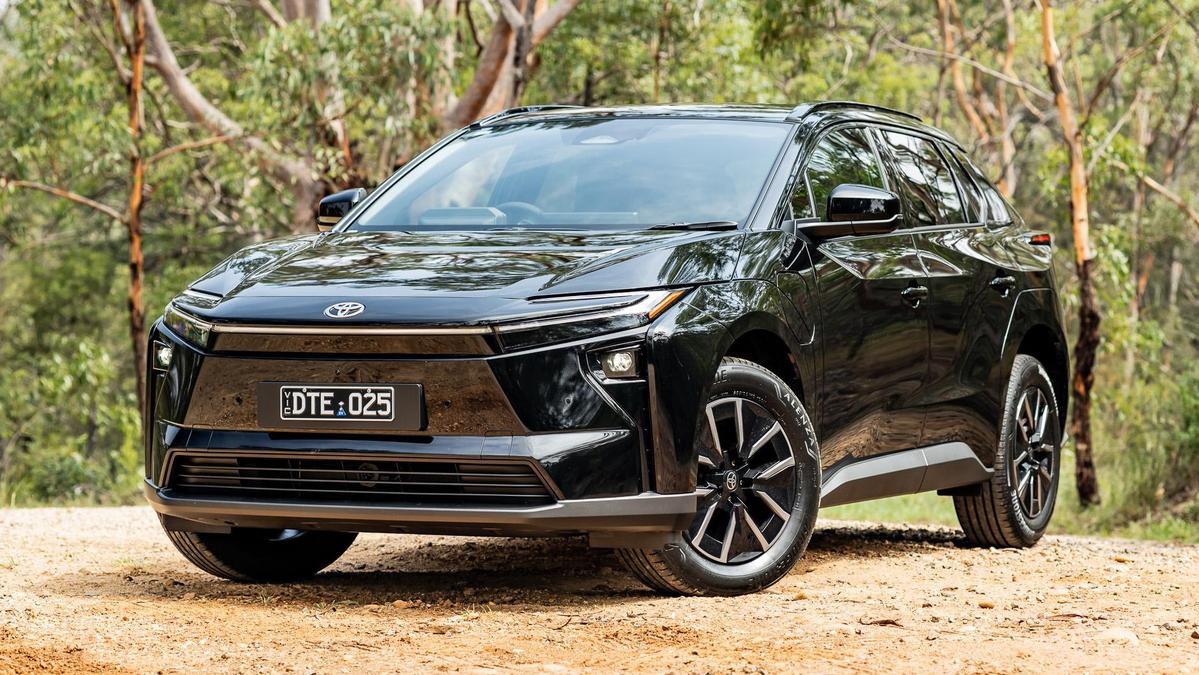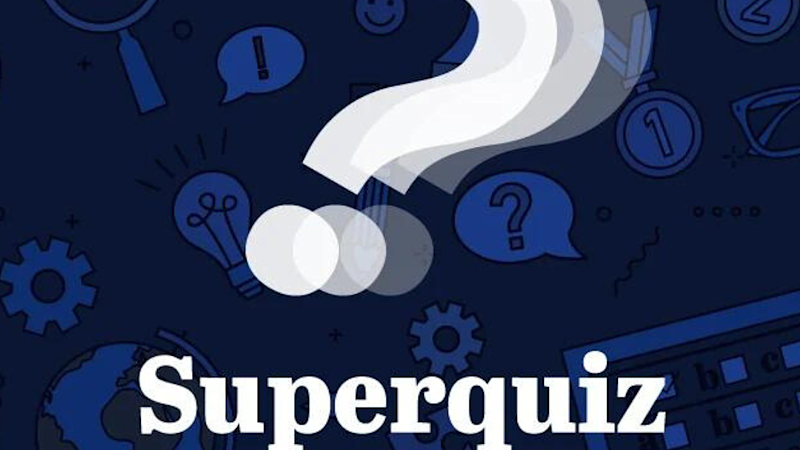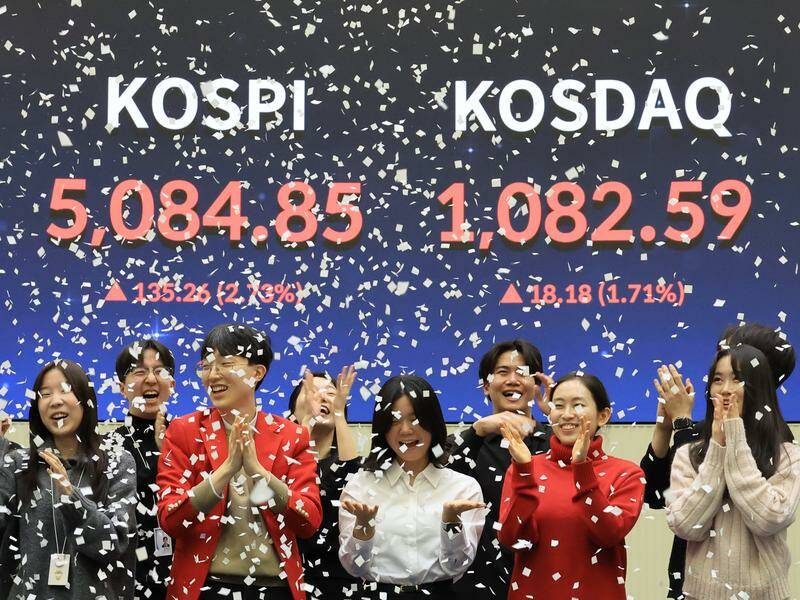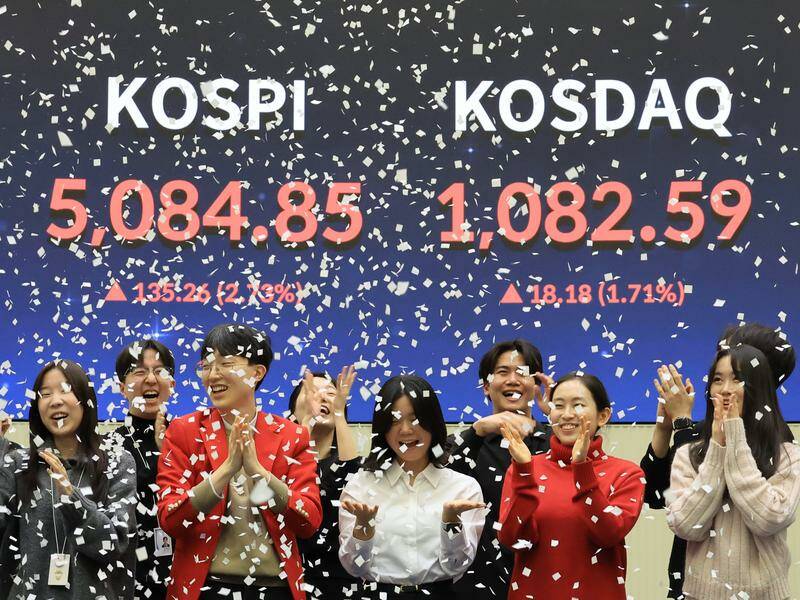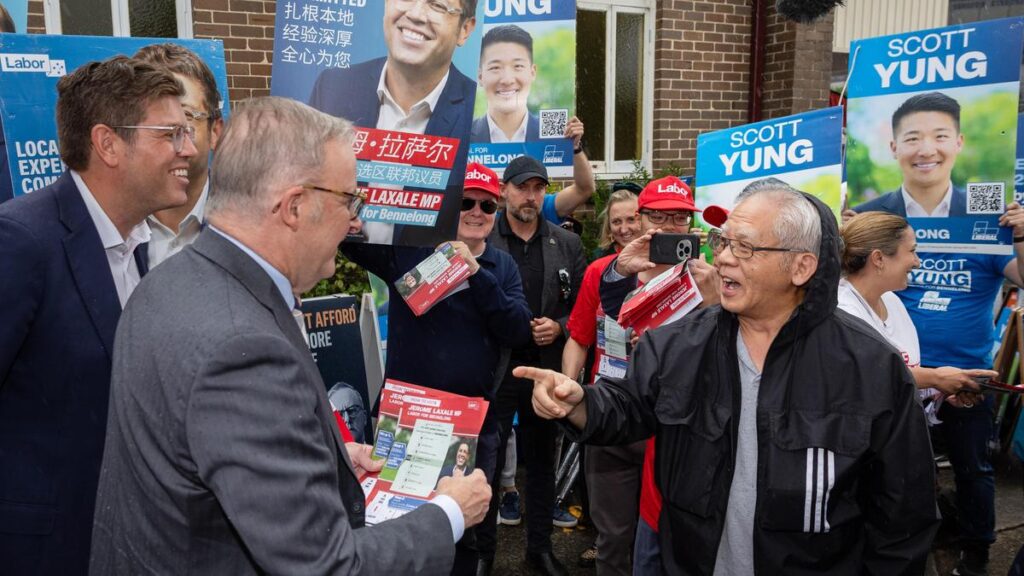
NCA 2025 FEDERAL ELECTION BUS. 28/04/2025 Australian Prime Minister Anthony Albanese Picture: Jason Edwards / NewsWire Australian Labor Prime Minister Anthony Albanese visits the electorate of Bennelong where the Prime Minister visits a pre-poll booth in the suburb of Eastwood with the Member for Bennelong, Jerome Laxale. Picture: Jason Edwards / NewsWire
The assassination of American conservative activist Charlie Kirk on March 14, 2024, has prompted Australian politicians to express concern about the potential importation of hyperpartisanship and political violence into their country. The incident highlights a troubling trend seen across many Western democracies, where increasing threats and mistrust of democratic institutions have become more prevalent.
Labor MP Jerome Laxale emphasized that Australians do not wish to see their political landscape mirror the divisive nature of American politics. Speaking to The West, he remarked, “This hyper-partisanship that seems to be tearing America apart is not what Australians want and not what our democracy needs.” Laxale is set to lead a parliamentary examination ahead of the 2025 election to investigate the rise of aggressive conduct and intimidation in political campaigns, asserting that recent developments felt “didn’t feel right, it didn’t feel Australian.”
Liberal senator Dave Sharma echoed these sentiments, calling the rise of politically motivated violence “deeply worrying for the cohesiveness and unity of societies,” including within Australia. He underscored the essential nature of peaceful political discourse in a liberal democracy, stating that “at the heart of a liberal democracy is an agreement amongst the body politic… to settle political differences of view peacefully by recourse to the ballot box and argument and debate, but never… an act of violence.”
The concerning trend of increased threats against Federal politicians has been highlighted by Australian Federal Police (AFP) Commissioner Reece Kershaw, who revealed that the number of threats has nearly doubled since 2022. On average, more than 20 threats are reported weekly. In parallel, Mike Burgess, head of the Australian Security Intelligence Organisation (ASIO), has warned of a “febrile environment” and noted an uptick in monitoring lone actors who have been influenced by extremist ideologies online.
Assistant Minister for Citizenship Julian Hill emphasized the need for Australians to “rediscover the ability to disagree agreeably,” citing the tragic events surrounding Kirk’s death as a stark reminder of the importance of gun control and the dangers of extreme societal polarization. He stated, “Australia is one of the most diverse countries on Earth… to me, an Australian is anyone committed to our country and our democratic institutions.”
Experts also point to the role of the online environment in fostering political extremism and threats of violence. According to Ben Rich, director of the Curtin Extremism Research Network, the current media landscape incentivizes more extreme political views. He noted that many individuals lack faith in the possibility of collaboration across differing political beliefs. “In that environment, the only thing you can really expect is that you inflict harm on your political opponents,” Rich stated.
Addressing the issue requires more than creating stricter laws, such as those banning Nazi symbols. Rich suggests that leaders must focus on encouraging respect and tolerance among citizens, fostering the belief that engagement with political opposition can lead to productive outcomes that improve lives.
As Australia grapples with these challenges, the recent assassination of Kirk serves as a potent reminder of the fragility of democratic discourse and the urgency in addressing political polarization before it escalates further.

